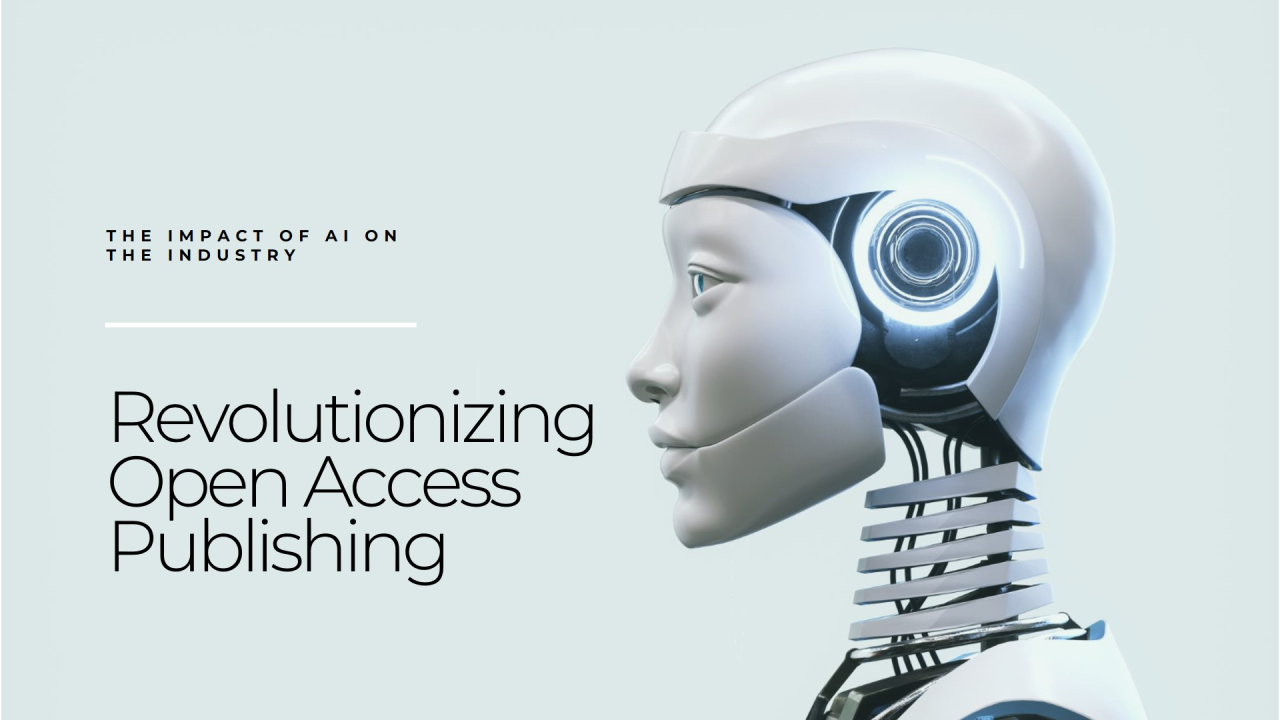CURRENT ISSUE
No Current Issue
Automotive, Aerospace, and Marine Engineering
Automotive, Aerospace, and Marine Engineering
Scope
The fields of automotive, aerospace, and marine engineering focus on the design, optimization, and performance enhancement of vehicles, aircraft, and ships. These industries demand lightweight materials, advanced propulsion technologies, fuel efficiency improvements, and sustainable mobility solutions.
With the rise of electric and hybrid propulsion, aerodynamic advancements, and composite structures, the transportation sector is undergoing a transformation toward greater sustainability, efficiency, and innovation.
Objectives
This section aims to:
- Explore next-generation propulsion systems, including electric, hybrid, and hydrogen-based technologies.
- Improve aerodynamics and structural integrity for fuel efficiency and performance.
- Advance lightweight materials and composite structures for weight reduction.
- Enhance marine hydrodynamics and naval architecture innovations.
- Integrate AI, automation, and IoT in vehicle and aerospace design.
Topics Covered
The journal welcomes research articles, case studies, and reviews in the following areas:
1. Next-Generation Vehicle Aerodynamics and Propulsion Systems
- Computational aerodynamics for vehicle and aircraft efficiency
- Drag reduction techniques and active flow control
- Hybrid and electric powertrain advancements
- Fuel efficiency innovations in aerospace and automotive industries
2. Lightweight Materials and Composite Structures
- High-strength, lightweight materials for vehicle and aircraft design
- Advanced composite materials for impact resistance and durability
- 3D-printed aerospace components and rapid prototyping
- Smart materials and morphing structures in aviation
3. Electric and Hybrid Vehicle Technologies
- Battery thermal management and energy efficiency optimization
- Hydrogen fuel cell advancements for automotive and aerospace
- Powertrain electrification and sustainable vehicle design
- Regenerative braking and energy recovery systems
4. Marine Engineering and Naval Architecture
- Hydrodynamics and wave impact analysis in ship design
- Computational fluid dynamics (CFD) in marine propulsion systems
- Smart automation and digital twins in ship maintenance
- Fuel-efficient marine engines and emission reduction strategies
5. AI and Smart Technologies in Transportation Engineering
- AI-driven predictive maintenance for aircraft and vehicles
- Autonomous vehicle technologies and sensor integration
- Real-time monitoring systems for aerospace and automotive safety
- Digital twin applications for structural health monitoring
6. Sustainable Mobility and Green Transportation
- Net-zero emission technologies for transportation
- Biofuels and alternative fuels for aerospace and marine applications
- Circular economy strategies in vehicle and aircraft manufacturing
- Noise and vibration reduction techniques in mobility solutions
Research Significance
Advancements in automotive, aerospace, and marine engineering drive technological innovation, sustainability, and energy efficiency in modern transportation. The integration of AI, smart materials, and advanced propulsion technologies ensures better safety, reliability, and performance across all mobility sectors.
Through Vectron: Journal of Advanced Mechanical Sciences, researchers and industry professionals can share pioneering developments, experimental insights, and computational analyses that shape the future of vehicle, aircraft, and marine engineering.















